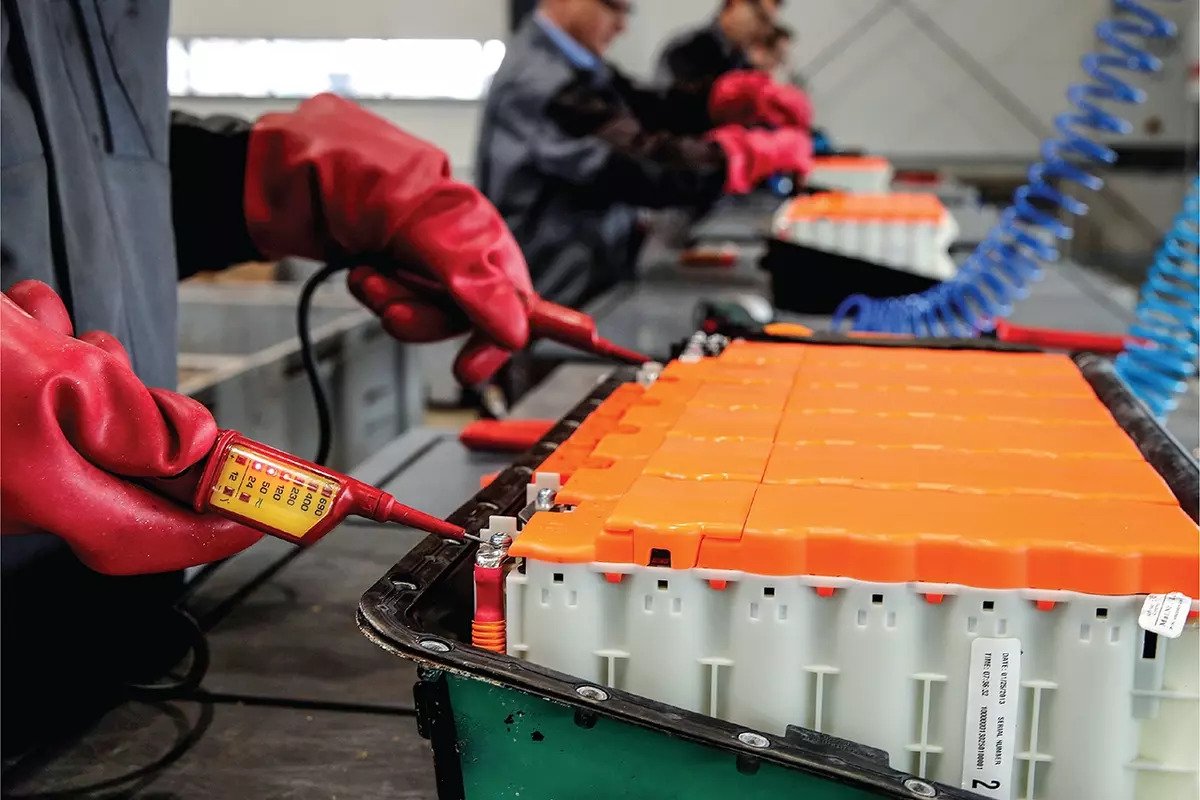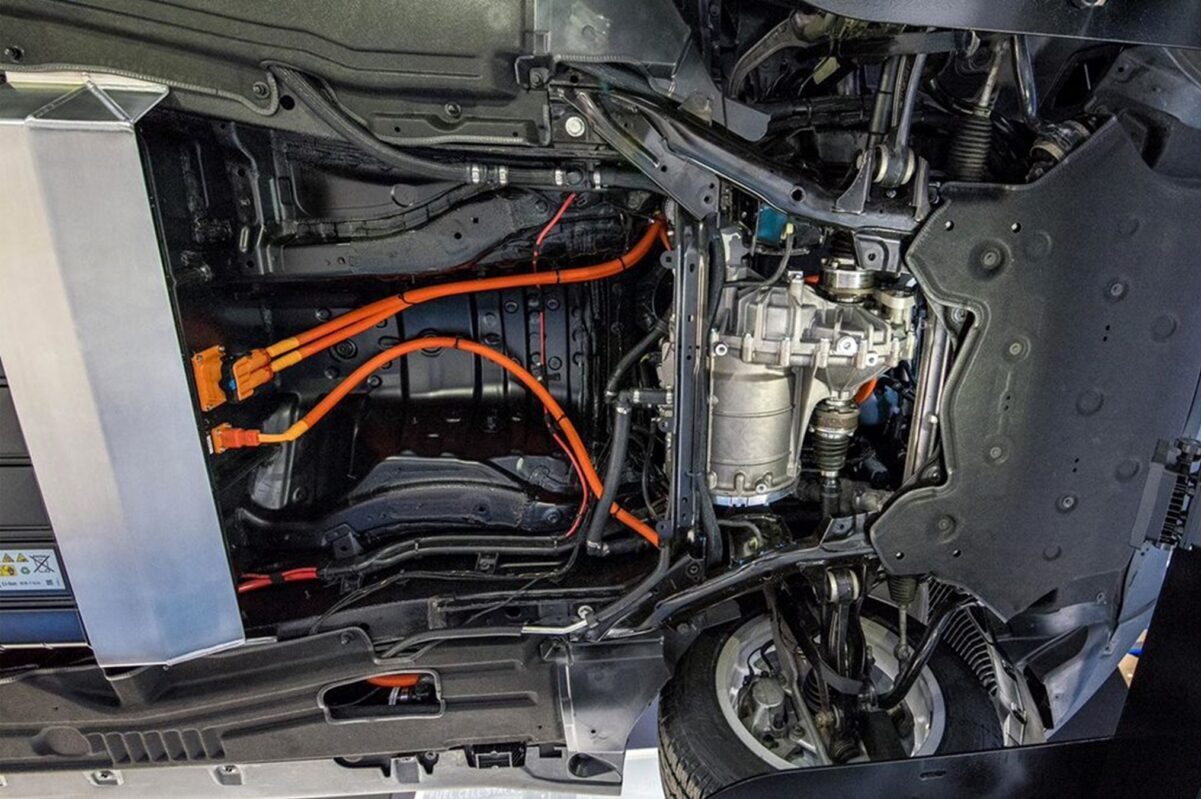
The European Battery Regulation Proposal
The European Commission released a European Battery Regulation proposal in 2020. It was done to introduce sustainability concepts in the manufacture and use of batteries. Set to be enacted soon, this may change the global supply chain of batteries as we know it. The Green Deal regulatory framework of the EU is concerned with the battery lifecycle. Here are several mandatory requirements set for rollout in the near future:
2024
Batteries must have a carbon footprint declaration on display. This will call for a universally agreed upon manner of measuring the carbon footprint of a vehicle. Moreover, there must be agreement on who the assessor will be.
2025
Suppliers that use third-party verification of raw material sourcing will undergo new obligations. This also covers topics related to recycled content and carbon footprint levels.
2026
Every Eve and industrial battery on the market or in use should have a battery passport. This document will serve as the digital representation of a pack. It will carry information about lifecycle requirements and applicable ESGs.

2027
There must be a battery management system storing data and information on battery health and projected lifetime. Battery owners and external operators should have easy access to it. People will be required to act in compliance with max thresholds for lifecycle carbon footprint. This year will also see the rollout of minimum electrochemical durability and performance requirements for general use portable batteries.
2030
At this point, the Commission should have assessed how feasible it is to phase out portable batteries that are non-rechargeable.
2040
A percentage of battery materials should come from recovered waste materials. Here is the list per ingredient:
- Lead – 85%
- Cobalt – 12%
- Lithium – 4%
- Nickel – 4%
These numbers are set to go up over time.
Opportunity and Challenges
These are ambitious targets. Should they be met, they will enforce new standards across the supply chain and even in adjacent industries. They have been pushing competition among automakers as well. However, there has been pushback from sectors that consider these targets too strict. They have voiced their preference for gradual changes instead.
You may also like
Written by christopher
Choose Topic


Recent Comments